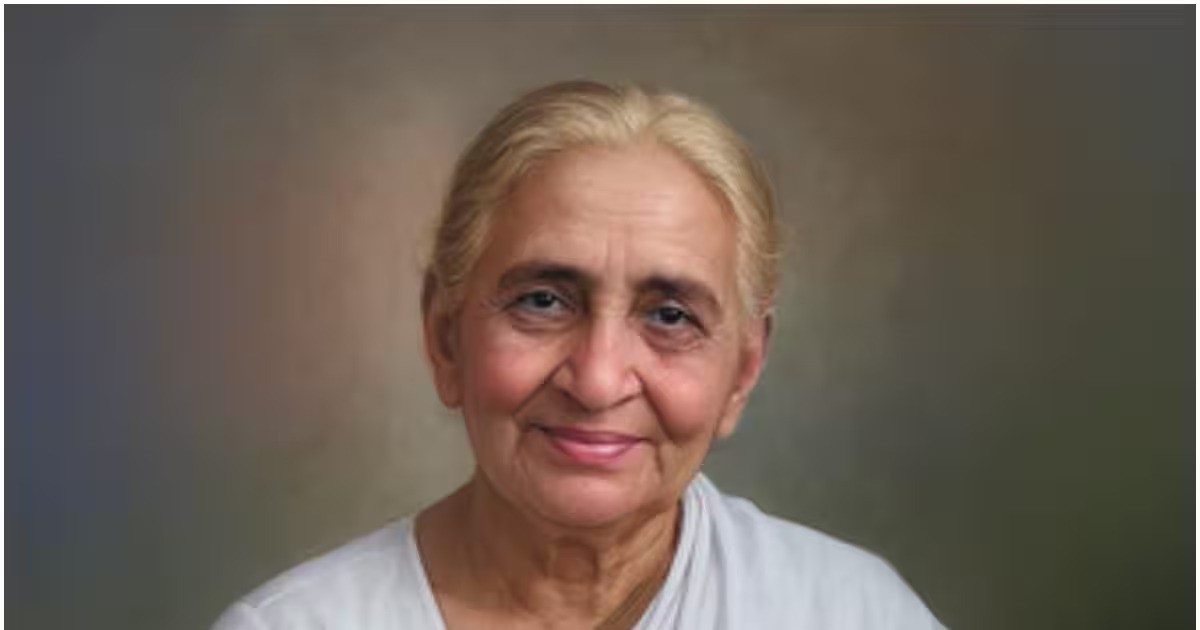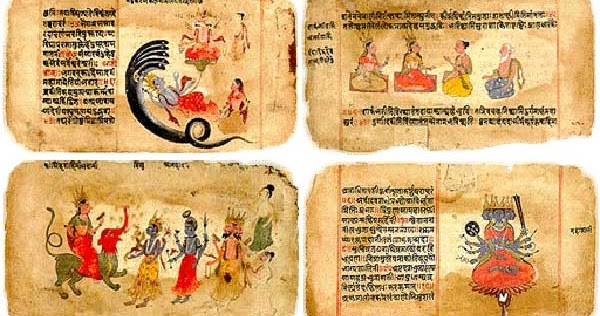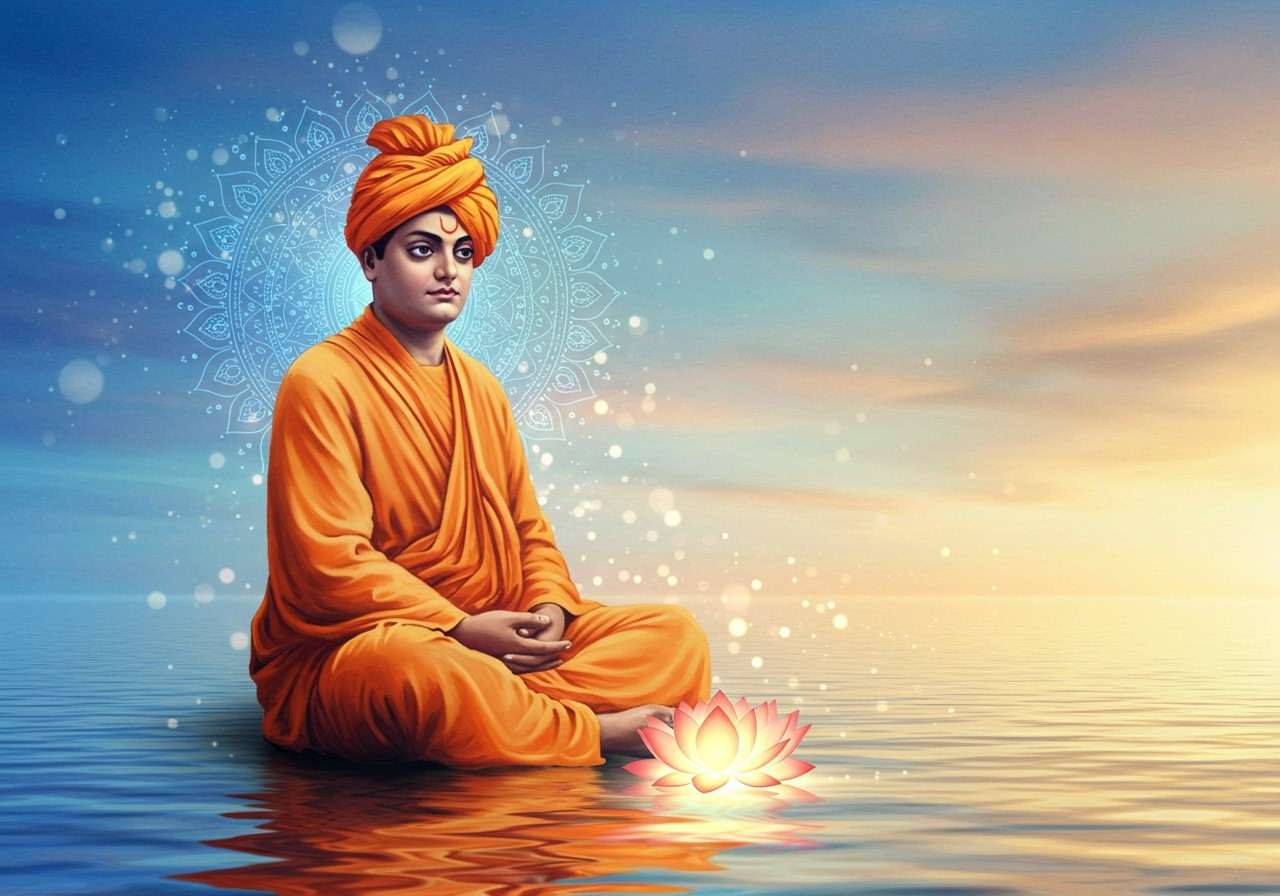By Dr. Bhupendra Kumar Sullere
The success of India’s freedom movement was deeply rooted in the awakening of national consciousness and cultural identity among the people. From Swami Dayanand Saraswati, the founder of Arya Samaj, to Dr. Keshav Baliram Hedgewar, the founder of the Rashtriya Swayamsevak Sangh (RSS), numerous patriots waged a two-pronged struggle—one for India’s political independence and the other for awakening national pride and cultural selfhood in society. Lakshmibai Kelkar was one such luminary who dedicated her entire life to the cause of the nation, society, and cultural renaissance.
Born on 6 July 1905 in Nagpur, Lakshmibai Kelkar was originally named Kamal Date. Her father, Dateji, was a follower of Lokmanya Tilak, and the atmosphere of patriotism and cultural awareness in the family greatly influenced her upbringing. After marrying renowned Vidarbha-based lawyer Purushottam Rao Kelkar at the age of 14, she moved to Wardha. Though it was his second marriage and there was an age difference, Lakshmibai, young in years but mature in intellect and thought, continued her education and actively participated in social service with her husband.
The couple’s involvement in India’s freedom struggle grew during the nationwide wave of non-violent movements. Both her parental and marital families were deeply engaged in the cause, and this was evident during the Flag Satyagraha of 1923, which had a major impact across Pune and Vidarbha. The influence of Gandhian thought and activism in Wardha led Gandhiji to eventually choose the town as one of his key centers.
Lakshmibai established a charkha (spinning wheel) center at her home to promote the Swadeshi movement. She engaged in three major social activities—encouraging self-reliance among women through spinning, fostering social harmony using Indian literature, and delivering discourses on the Ramcharitmanas to instill cultural and moral values. She organized women from all walks of life, including those from Scheduled Castes, into volunteer groups, emphasizing national sovereignty as the highest ideal. During a fundraising appeal by Gandhiji, she once took off her gold chain and offered it to him on the spot.
Tragedy struck in 1932 when her husband passed away, leaving her a widow at just 27. She took on the dual responsibility of raising her children and caring for her widowed sister-in-law while continuing her public work. To support her family, she rented out a portion of her home, but never compromised on the education of her children or her social mission.
Through her activism, Lakshmibai came into contact with Dr. Keshav Hedgewar. Although she participated in the Salt Satyagraha, she followed Dr. Hedgewar's advice and refrained from going to jail, focusing instead on preparing women's groups to support the movement from outside. These groups, trained and led by her, conducted dawn marches (prabhat pheris), promoted khadi and swadeshi, and infused patriotic spirit among women.
In 1936, again under Dr. Hedgewar’s guidance, Lakshmibai laid the foundation of the Rashtra Sevika Samiti in Wardha—a unique organization for women based on the ideological framework of the RSS. She traveled across India to expand this movement. The first national conference of the Samiti was held in 1945.
As the country approached independence, separatist forces were gaining momentum with the backing of the British. Violent incidents, especially in Bengal, Punjab, and Sindh, created fear among Hindu women. During this period, Lakshmibai was in Sindh and helped organize the safe relocation of Hindu families to Indian territory. Through her organization, she initiated several projects such as girls' hostels, bhajan mandalis (devotional singing groups), yoga centers, and kindergartens for spreading awareness and confidence among women.
Her discourses on Ramcharitmanas were widely acclaimed, emphasizing values essential for building children, families, society, and national unity. She remained devoted to national service until her death on 27 November 1978. Though her physical presence ended, her spiritual legacy continues to inspire.
The Rashtra Sevika Samiti has grown into a powerful force for women’s awakening and national reconstruction. With more than 5,000 active branches across India and an expanding global presence in countries like the UK, USA, Malaysia, Durban, Germany, and South Africa, the organization remains rooted in cultural values while promoting discipline and service.
Following the RSS model, the Samiti organizes three levels of 15-day annual training camps every May-June, covering intellectual development, physical training, and self-defense. Like the RSS, it has its own uniform, and instead of pracharaks, it has pracharikas—48 of whom currently serve full-time across India. There’s also provision for Vistaarikas (short-term full-time workers) who dedicate two years of service to the organization.
Lakshmibai Kelkar often said that women are the motivating power behind the family and the nation. Unless the shakti (power) within is awakened, neither the family nor society or the nation can awaken. Her path and message continue to serve as guiding lights. Today, the Samiti undertakes a wide array of service projects such as student hostels, clinics, vocational centers, and devotional collectives—anchoring the movement in both tradition and modern outreach.
Lakshmibai Kelkar’s life and work stand as a shining testament to the intellectual and spiritual power of Indian women. She is a revered figure whose memory continues to inspire generations.






